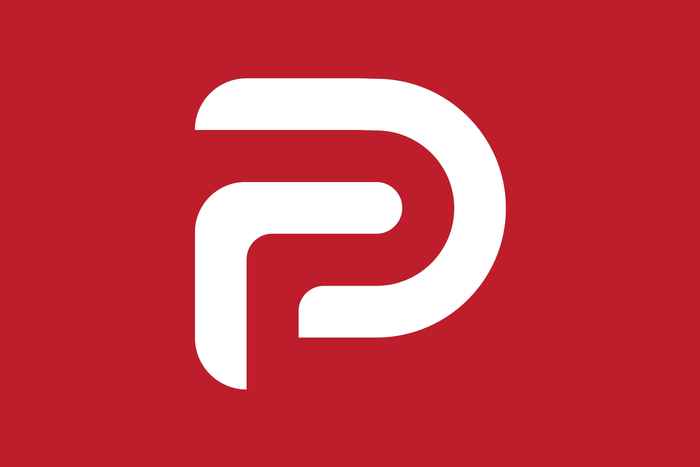PEPTalk #3: Big Tech vs. Parler
- Date
- 25 February 2021
- Time
- 12:00 -13:00

Shortly after, however, Apple and Google removed Parler from their stores. Their reason: Parler does not manage its user’s posts which leads to encouraged violence. Amazon followed suit by barring Parler access to Amazon’s webhosting service because they had violated Amazon’s rules. This meant the end of Parler if they would not find an alternative host.
Some celebrated Big Tech’s, long-awaited, involvement in taking responsibility for managing the spread of disinformation and hate speech on their platforms. After all, what are the societal consequences? On the other hand, others have expressed their worries that a company, not legislators, can curtail freedom of speech. Who should decide? On Thursday February 25th 12:00-13:00, we discuss this dilemma with Marleen Stikker (Waag Society) and Judith Moller (University of Amsterdam).
If you want to join, please register via pept@uva.nl and you will receive the Zoom link by email.
Marleen Stikker (1962) is founder of Waag Future Lab, a social enterprise that consists of a research institute for creative technologies and social innovation and Waag Products, that launched companies like Fairphone, the first fair smartphone in the world. She is also founder of 'De Digitale Stad' (The Digital City) in 1993, the first virtual community introducing free public access to the Internet in Amsterdam. She is a member of the European H2020 Commission High-level Expert Group for SRIA on innovating Cities/DGResearch and the Dutch AcTI academy for technology & innovation. Marleen Stikker strongly adheres to the Maker's Bill of Rights motto: "If You Can't Open It, You Don't Own It". Marleen believes that society needs open technologies that meet societal challenges.In her recent book, ‘Het Internet is stuk’, Stikker argues that Big Tech has taken over the Internet and proposes how users can reclaim it.
Judith Möller is Assistant Professor for Political Communication at the Department of Communication Science at the University of Amsterdam. She is affiliated with the Amsterdam School of Communication Research (ASCoR), the Center for Politics and Communication (CPC), and the Information, Communication, & the Data Society Initiative (ICDS). In her research, she focuses on the effects of political communication, in particular, social media and digital media. She is fascinated by the complex relationship between expressions of citizenship and communication characterized by intertwined causal links and conditioned by the political system. She researches the impact of tailored political communication on the individual user and society at large and the role of (new) media in the process of attitude formation, specifically as part of the political socialization processes.